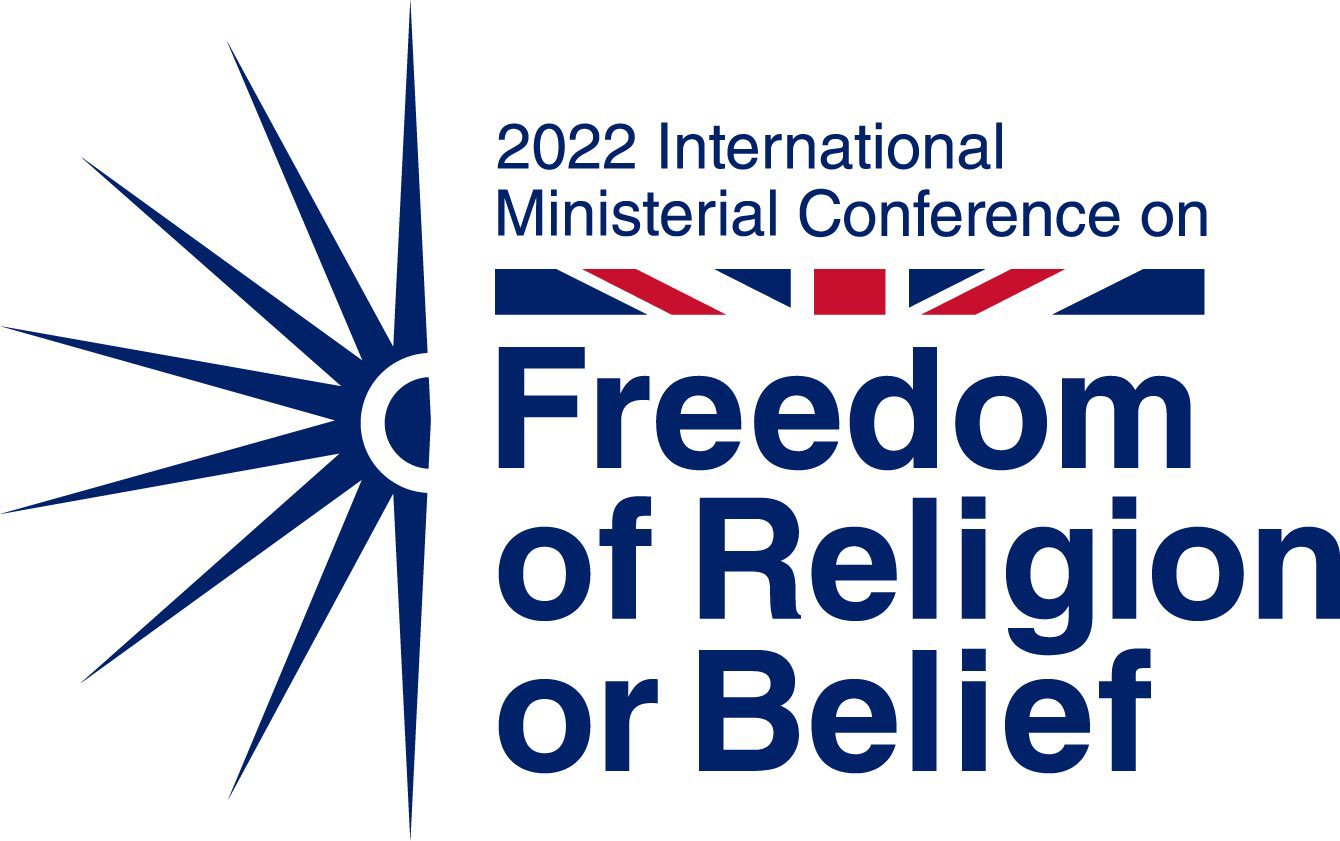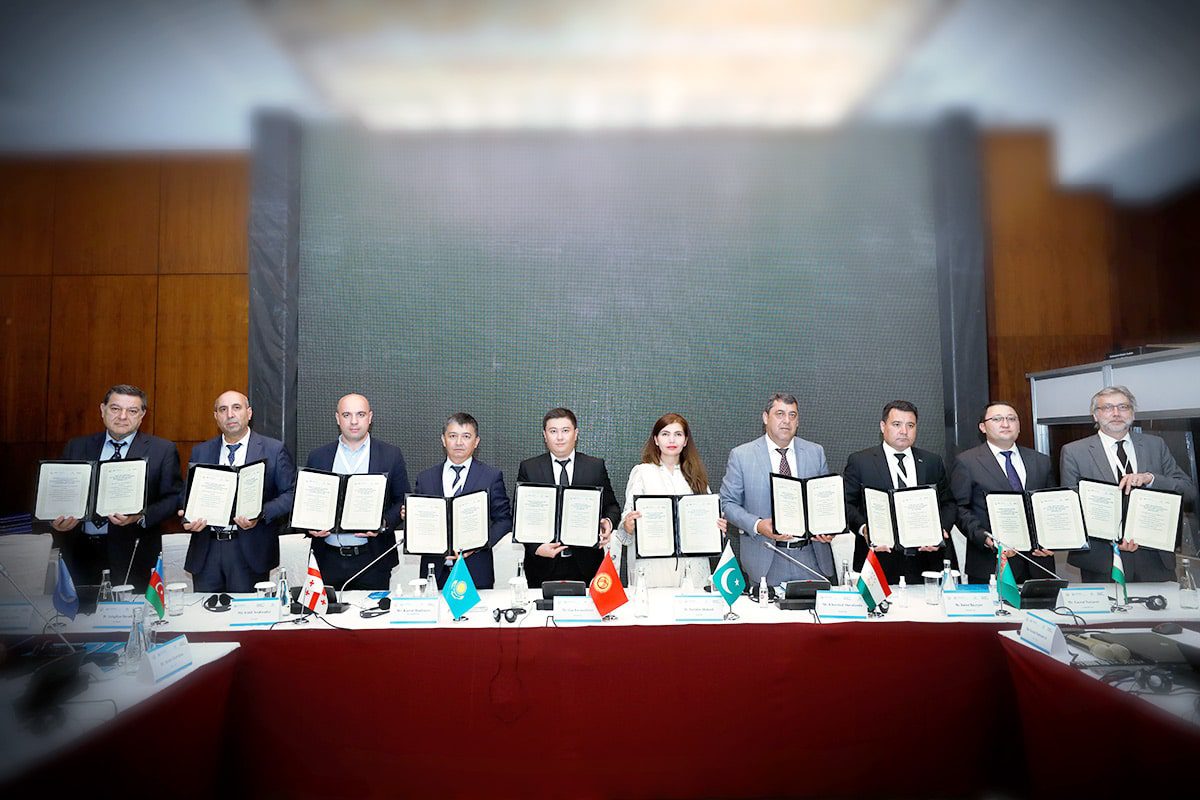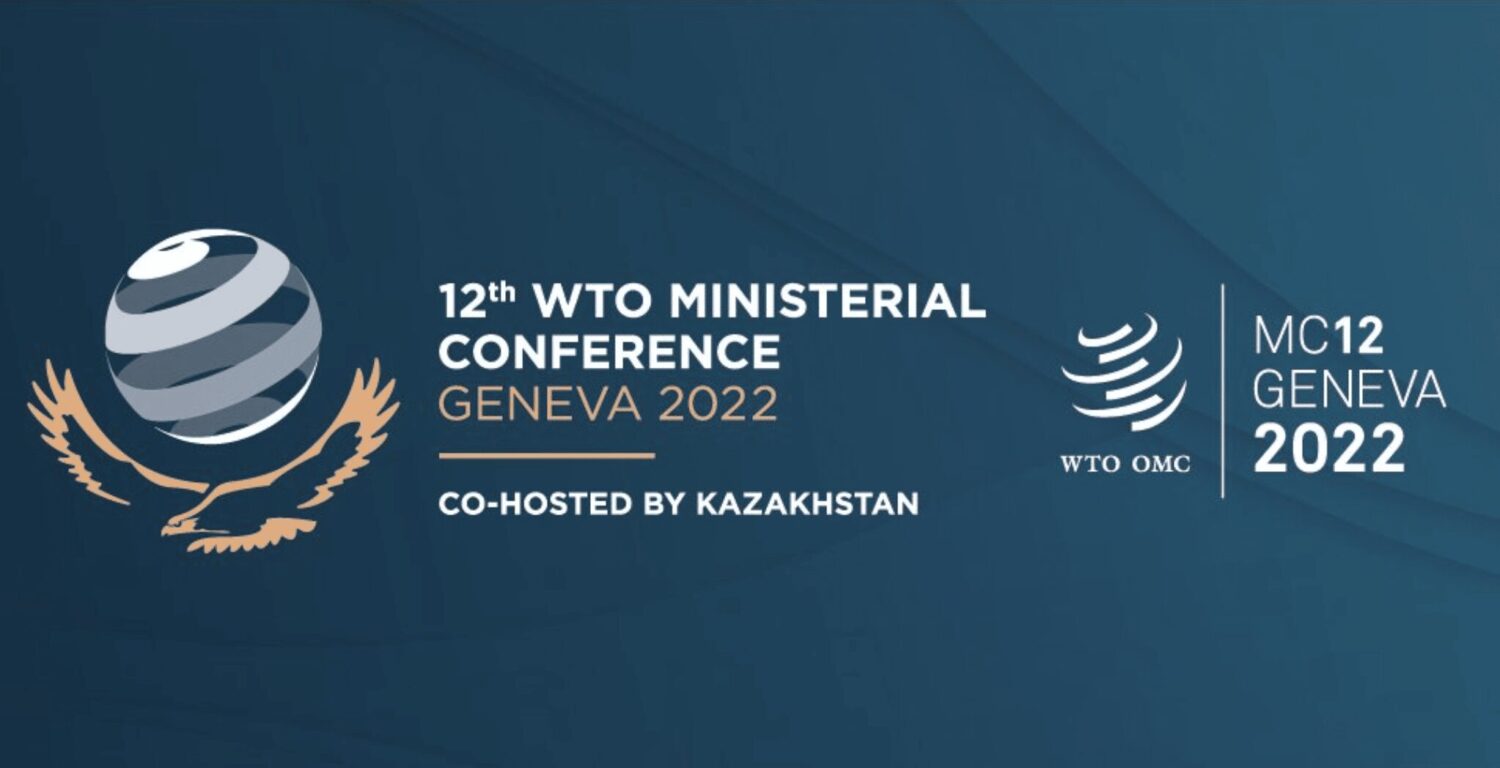On May 30 1989, the EU Court of Justice(CJEU) delivered its sentence in a reference for preliminary ruling case taken by Spanish national Pilar Allué.
Employed as a foreign language lecturer(lettore) at the Università Degli studi di Venezia, Allué had challenged an Italian law under whose terms she and her Lettori colleagues could be employed on one-year contracts with the possibility for up to 5 renewals. In that, no such restriction to the duration of employment applied to Italian nationals the Court found the limit to be discriminatory. It was a simple, open-and-shut case whose implementation merely required Italy to convert the annual Lettori contracts into indefinite-term ones, with remuneration linked as before to the pay scale of counterpart Italian teaching staff.
Rather than being celebrated as the milestone day on which the right to parity of treatment with Italian colleagues was won, May 30 1989 is historic for the non-national Lettori teaching staff for altogether different reasons. It marks the starting point from which to measure the duration of Italy’s non-compliance with the Lettori discrimination sentences of the CJEU. The non-compliance persists to the present day despite 3 subsequent favourable rulings in a line of litigation which stems directly from the seminal 1989 ruling. As such, it is the longest-running breach of the freedom of movement provision of the Treaty on record.
Italy interpreted the 1989 Allué ruling as condoning annual contracts while rendering illegal the limit on the number of renewals. Through recourse to the CJEU takes time and money, Allué contested Italy’s restrictive reading. The subsequent 1993 ruling clarified beyond all ambiguity that the import of the earlier ruling was that non-national teaching staff had a right to the open-ended contracts enjoyed by Italian nationals.
A follow-on 1995 Italian law conceded the open-ended contracts. However, to cut the cost of the ruling to the universities the law simultaneously reclassified the Lettori as non-teaching, technical and administrative staff and crucially removed the parameter of Italian teaching faculty as a basis for determining salaries and the financial settlements for the backdated reconstruction of careers due under Allué.
It fell to the European Commission now as Guardian of the Treaties and the attendant case law of the CJEU to pursue Italy for non-implementation of Allué. In infringement case Commission v Italy the Court found for the Commission in 2001. For non-implementation of that ruling the Commission subsequently took an enforcement case on which the Court ruled in 2006.
The enforcement action was particularly high profile for easily understandable reasons. In a demonstration of how seriously it viewed the persistent discrimination against Lettori the Commission asked the Court to impose a daily fine of €309,750 on Italy.
Italy enacted a last-minute law which provided for the reconstruction of Lettori careers with reference to the minimum parameter of part-time researcher or better parameters previously won. Though it found Italy guilty at the deadline given for compliance, the Court took the view that the provisions of the law could remedy the discrimination and waived the recommended daily fine.
The threat of fines removed, Italy subsequently failed to implement the law. Under the guise of a token compliance the universities continued to withhold the settlements and contractual conditions that the Court had deemed satisfactory.
It galled with the Lettori that the long line of litigation had ultimately failed to deliver justice. A feeling took hold that Italy would outwit the rule of EU law whatever the measures taken to obtain redress. May 30 1989 became synonymous with Pilar Allué day, a benchmark from which to measure just how long an intransigent member state could evade its Treaty obligations.
When it became apparent that the 2006 ruling was not being implemented, the Commission took further action. A pilot procedure (a mechanism introduced to resolve disputes amicably with member states and prevent recourse to infringement proceedings) was opened in 2011. Over the following 10 years it markedly failed to achieve its purpose. The Commission opened infringement proceedings proper in September 2021.
A nationwide Census of Lettori, spanning universities from Trieste to Catania, had documented to the Commission’s satisfaction the non-implementation of the CJEU rulings. A parliamentary question to the Commission signed by 8 MEPs was clearly influential too. Noting that Italian universities received generous funding from Europe and that Italy had received the biggest share of the Covid Recovery Fund. the MEPs pointedly queried why Italy would not reciprocate and honour its obligations under EU law to the Lettori.
In response to the infringement proceedings, provision was made in Italy’s end-of-year Finance Act for the release of funds of €43 million to the universities to co-finance the settlements due to Lettori for reconstruction of career. A recent letter from the Ministry of Higher Education gave university rectors until May 31 to quantify and communicate the monies due.
For the Lettori commemorating Pilar Allué Day this year the co-incidence of the May 31 deadline and the May 30 1989 CJEU ruling encapsulated the 33-year history of battling for rights which should be automatic under the Treaty. Never a celebration, Pilar Allué Day has instead over the years become the measure of the resilience of the Lettori in their marathon quest for justice.
This resilience will be still further tested. Ominously, the blueprint for the calculation of settlements legitimises the methods prescribed in the controversial Gelmini law of 2010, a law which effectively undoes the 2006 enforcement ruling and greatly reduces Italy’s liability to the Lettori.
Infringement proceedings serve to enforce EU law. To end the longest breach of the parity of treatment provision on record, the Commission should recall to Italy that domestic legislation cannot undo the binding case law of the Court of Justice.













